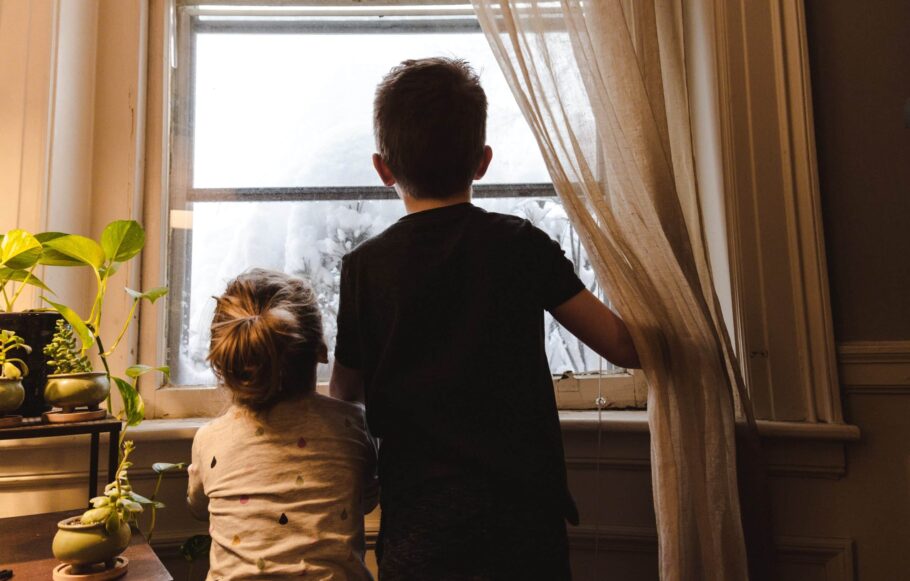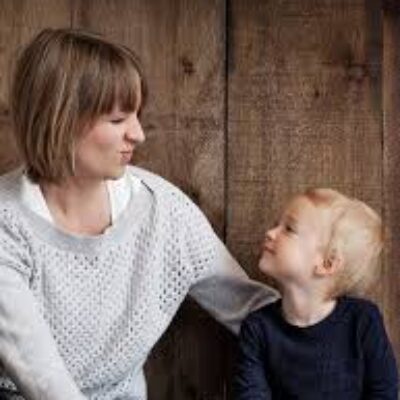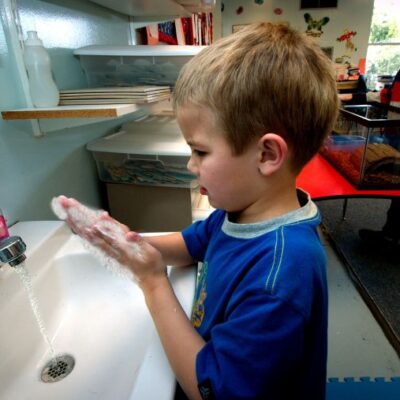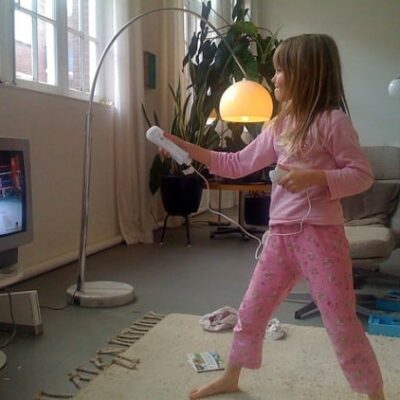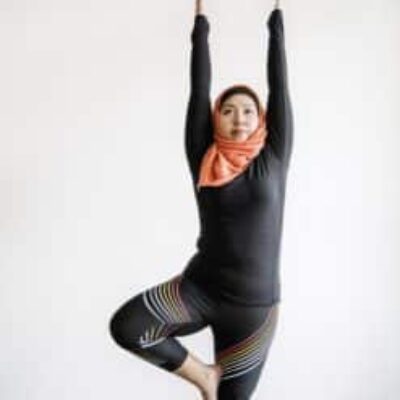Being stuck inside for long periods of time can heighten tensions and lead to arguments between siblings, parents and other family members. If you have young children, a sticker chart may help you to use positive reinforcement for good behaviour – for example sharing toys or helping you tidy up.
A good tip for all families is to set some lockdown house rules. Sit everyone down and make sure that everyone agrees to them and signs at the bottom, then pin them up on the wall for everyone to see.
Many children over this time period will squabble over items (such as the X-Box!) so it might be worth making a rota to ensure everybody gets a fair turn.
But it’s not just for the kids – don’t forget to carve out some “me time” for yourself too. Trying to take on the role of chef, teacher, parent and entertainer 24/7 is going to take its toll – and you have to look after yourself to be able to look after your family.
Ensure you build this into your family’s daily routine and make sure the rest of the family are aware and respectful of your protected time.


